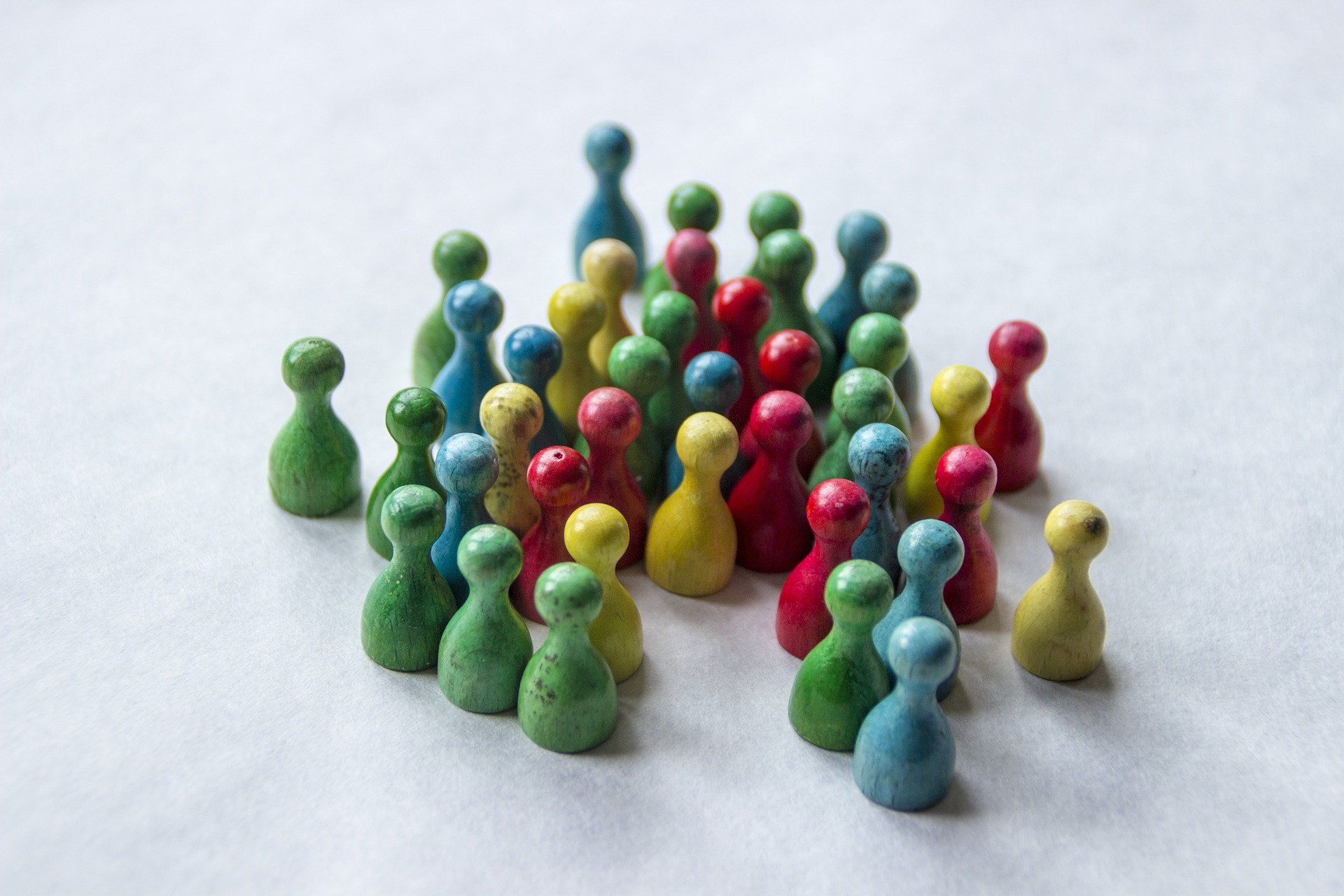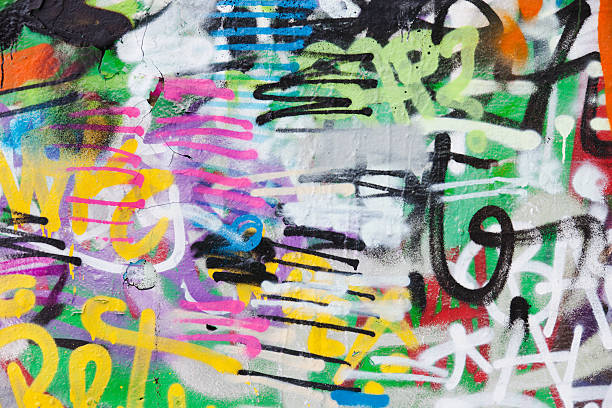Dissecting the Rise of Neo-Tribalism in Modern Society
Introduction: In an age marked by technological advancements and globalization, there's a paradoxical cultural shift taking place. People are increasingly seeking a sense of community, identity, and belonging through neo-tribalism. But what is this phenomenon, and how is it shaping our society? Read below to delve into the world of neo-tribalism, its roots, its current manifestations, and its implications for the future.

A Glimpse into Neo-Tribalism:
Neo-tribalism, a term coined by French sociologist Michel Maffesoli, refers to the human tendency to form social networks based on shared interests and identities, especially in the face of increasing social fragmentation. This concept is not new; it finds its roots in traditional tribal societies where people lived in close-knit communities with shared customs, beliefs, and values.
The Emergence and Evolution of Neo-Tribalism:
The rise of neo-tribalism is a response to the alienation and disconnection that individuals often feel in today’s rapidly changing, globalized world. As societies have moved from agrarian to industrial to post-industrial, traditional communities have broken down, leaving individuals in search of a sense of belonging. The advent of the internet and social media has made it easier for people to seek out and connect with like-minded individuals, giving rise to virtual tribes that transcend geographical boundaries.
Current Cultural Shifts and Neo-Tribalism:
In the context of current societal trends, neo-tribalism is evident in various forms, from fandoms and lifestyle groups to political and environmental movements. These tribes offer individuals a sense of community, shared identity, and the opportunity to participate actively in something larger than themselves. They also provide a platform for collective action, as seen in movements like Extinction Rebellion or Black Lives Matter.
Significance and Implications of Neo-Tribalism:
The rise of neo-tribalism has significant implications for how we perceive identity, community, and society. It challenges the traditional notion of a monolithic national or cultural identity, as individuals can now belong to multiple tribes based on different aspects of their identity. This can potentially lead to a more inclusive and diverse society. However, it also raises questions about polarization, as the formation of tribes can lead to ‘us versus them’ mentalities.
Neo-Tribalism: A Look towards the Future:
As we move further into the 21st century, neo-tribalism is likely to continue shaping our society. It will influence how we connect with each other, how we perceive our identities, and how we navigate our place in the world. Understanding this social phenomenon is crucial for anyone interested in the evolving landscape of human interaction and societal change.
In conclusion, the rise of neo-tribalism is a testament to the human need for connection and belonging. As our world continues to change, it will be fascinating to see how this cultural trend evolves and impacts our society.




